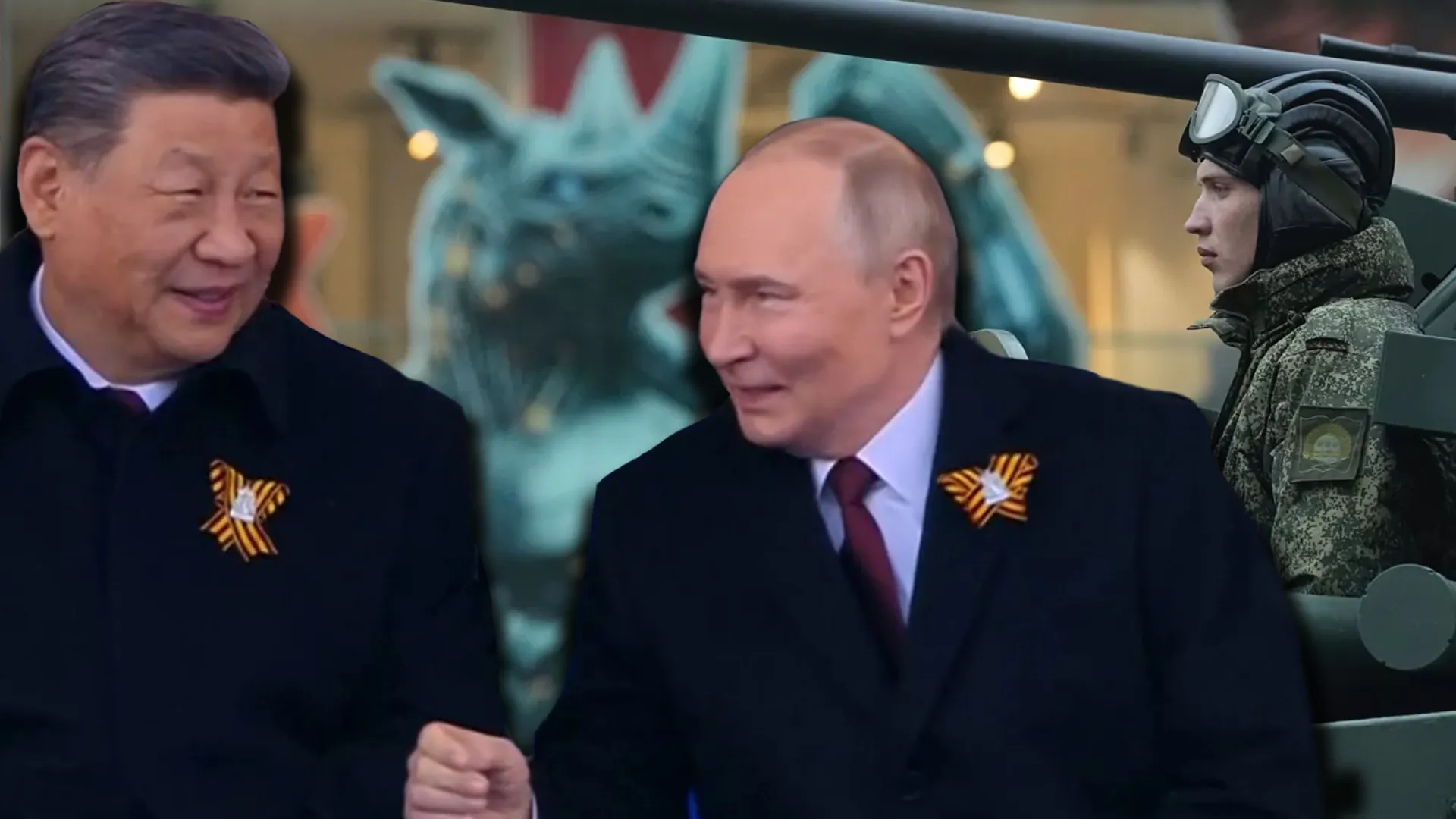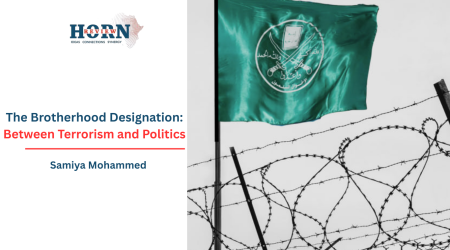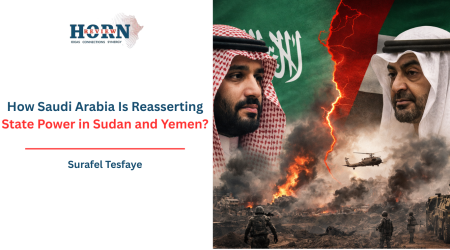
11
May
Victory Day Meeting: Reflections on the Xi-Putin Alliance
Chinese President Xi Jinping’s attendance at Russia’s 80th Victory Day celebrations sent a clear signal to the world of the solidarity between Beijing and Moscow. The visit culminated in talks at the Kremlin, capped by a lengthy joint statement. Both leaders cast their meeting as a reaffirmation of an “unbreakable” friendship and a “no limits” strategic partnership. In doing so, they portrayed their alliance as a stabilizing force amid global turbulence, even as underlying gaps persist. What emerged from these meetings was a narrative of shared grievance against Western “bullying” and a common vision of a new world order.
The centrepiece of the Victory Day summit was a joint statement that lambasted Western policies while emphasizing Sino-Russian camaraderie. Through the statement, both Xi and Putin defended each other’s domestic and international agendas.
A considerable portion of the language was explicitly aimed at the United States and its allies. Xi and Putin accused the US of undermining regional stability by extending NATO into Asia and building exclusive “small circles” in the Indo-Pacific. They also denounced “unilateral coercive measures, including economic sanctions, that bypass the UN Security Council,” declaring such acts a violation of international law. In effect, the two leaders cast themselves as defenders of the established post-war order, blaming Western powers for sowing discord. As one report noted, they characterized themselves as “defenders of a new world order no longer dominated by the U.S.”.
Putin explicitly linked history to contemporary politics. On the eve of the parade, he vowed to “stand guard over the historical truth” of WWII and “counteract modern manifestations of neo-Nazism and militarism” together with China. This rhetoric reinforced Russia’s framing of the war in Ukraine as a fight against fascism.
Beyond rhetoric, Xi and Putin used the Victory Day platform to deepen practical ties. They pledged to “raise cooperation to a new level” across all sectors. In particular, they agreed to expand military collaboration and to intensify economic integration. Xi reaffirmed that China and Russia are “true friends of steel that have been through a hundred trials by fire,” promising to “eliminate external interference” in each other’s affairs. He and Putin officially noted their 2022 “no limits” strategic partnership, an agreement made just before Russia’s invasion of Ukraine.
The substance of their cooperation reflects deep economic interdependence. China is now Russia’s largest trading partner and has provided a critical economic lifeline under Western sanctions. Putin welcomed Xi as his “principal guest,” even arranging for a Chinese military honour guard in the Moscow parade, the first such participation since 2015. The two leaders projected the image of a tight-knit alliance: Putin hailed their ties at the “highest level” as an “unbreakable friendship”, while Xi stressed a mutual resolve to counter “dual containment” strategies aimed at them.
On the Ukraine conflict, Xi and Putin’s messages were carefully calibrated. China officially maintains a “neutral” stance, but the joint statement effectively aligned with Russia’s narrative. The statement asserted that the war can only end by addressing its “root causes,” a phrase Moscow uses to justify its invasion.
Beijing refrained from condemning the war outright. Instead, both leaders blamed external powers for the crisis. Xi warned of “headwinds of unilateralism and bullying” from “powerful forces”, coded references to the US-led sanctions regime, and said China and Russia would stand shoulder-to-shoulder in resisting such pressures. Chinese trade with Russia has had practical wartime implications, allowing the Russian economy to resist Western Sanctions and continue in its activities in Ukraine.
Interestingly however, Moscow’s recent diplomatic outreach outside the China-Russia framework may suggest limits to Xi’s influence. Over the past year, Russia has been negotiating with Washington on the possibility of amending ties and finding a solution to the war. These moves indicate that Russia does not rely solely on Beijing to fulfil its geo-political interests.
Nevertheless, at Victory Day Putin publicly presented China as indispensable, thanking Xi for coming to reinforce the wartime narrative in which “we, the victorious states,” stand united against a remilitarized Europe.
A recurring theme in Xi and Putin’s statements was a vision of a “multipolar” world order. They touted their countries as champions of developing nations and critics of Western “hegemony.” Xi insisted that China would continue “to stand together with Russia” to shoulder the responsibilities of global powers in an “orderly, multipolar world”. For example, their joint statement advocated “strengthening solidarity and cooperation among the Global South,” echoing language often used in BRICS and other forums.
Indeed, Xi’s recent diplomacy can be seen as aimed at assembling a coalition of developing countries to perhaps act as a counterweight to the U.S.-led alliance system. During the Victory Day events, leaders from Asia, Africa, and Latin America were present in Moscow; many of them have growing ties to China and Russia. By inviting these figures to the parade, Putin and Xi appeared to offer developing countries an alternative vision: a world where Western-led institutions are diluted by a rising Chinese-Russian axis. Such messaging resonates in parts of the Global South that chafe under Western sanctions or seek new economic partners.
Despite their outward solidarity, cracks in the Xi-Putin relationship may be visible. Particularly the fundamental problem that China aspires to be seen as a responsible global power, yet it is openly associating with a Russia that is at war with its neighbour.
The image of Xi alongside Russian tanks reveals the tension at the heart of China’s foreign policy: its strategic partnership with Russia increasingly collides with its broader ambitions to be seen as a responsible global leader.
In public, both sides emphasize harmony, but privately China remains cautious about overt entanglement in the Ukraine war.
Moreover, China’s broader goals do not always align with Russia’s. Beijing wants to avoid actions that might provoke further global instability. For instance, it has so far stopped short of providing weapons to Russia for the Ukraine front. And while Xi praised the partnership, he has simultaneously emphasized that China values an international order “based on the UN Charter,” implying limits to unilateral military aggression. Putin, for his part, has signalled that he expects Xi to reciprocate Russia’s unwavering support, as seen in his gratitude for Xi’s Victory Day visit. Yet it could be difficult for China to endorse any action that overtly violates its principles, one that is seemingly aligned with international law and norms.
In spite of these cracks in the relationship, the meeting on Victory Day solidifies what both sides eagerly portray as a “no limits” alliance between China and Russia. The two governments have crafted a joint narrative of resisting Western dominance, grounded in historical symbolism and promises of deepened cooperation.
Xi’s trip to Moscow, and his messages of a shared “multipolar” future, project power and unity at a moment of profound changes in the global order.
By Mahder Nesibu,Researcher, Horn Review










